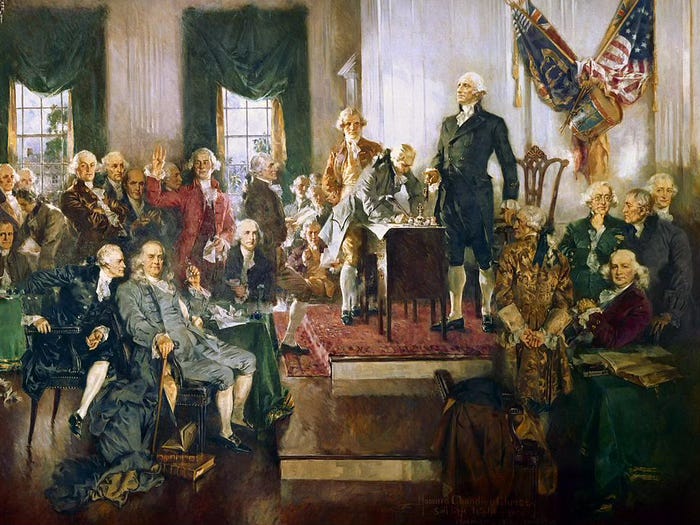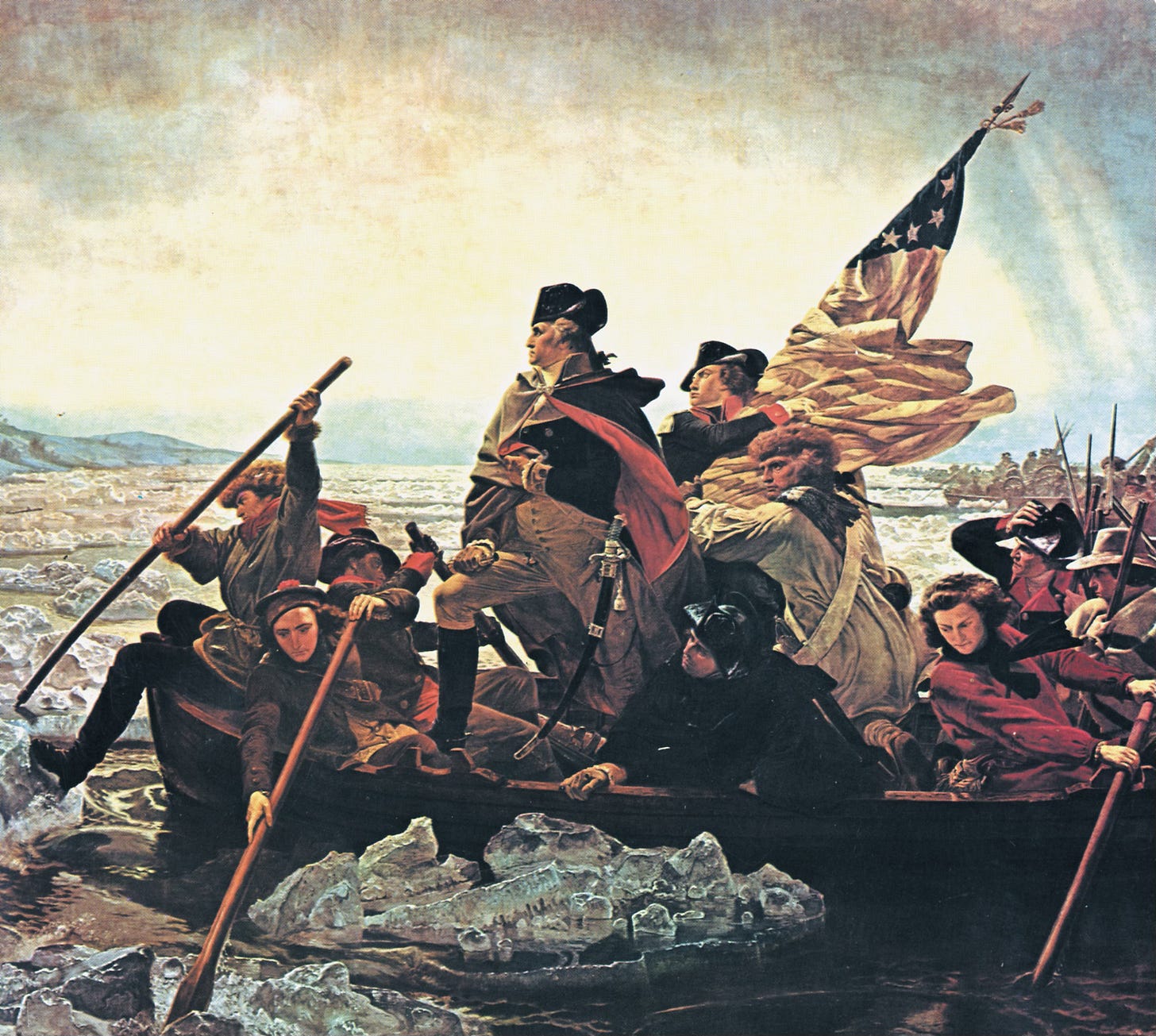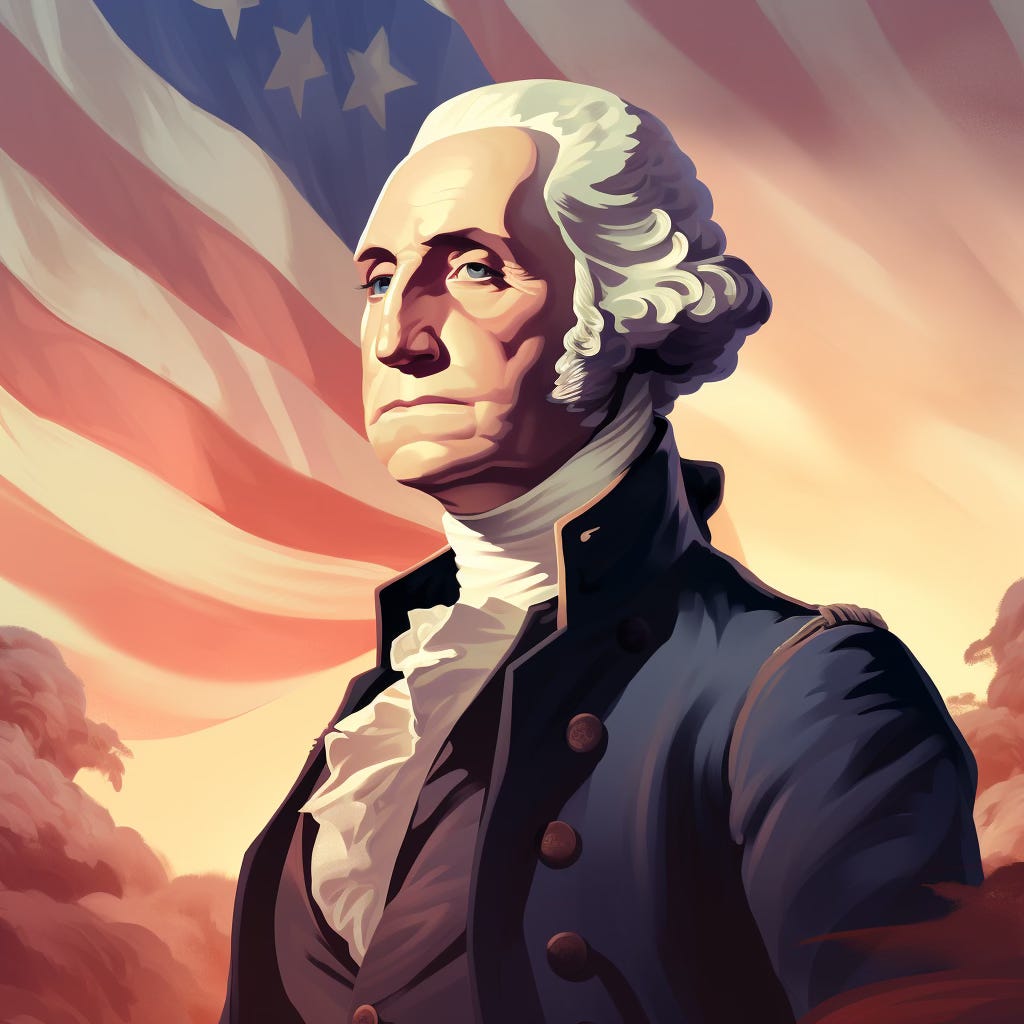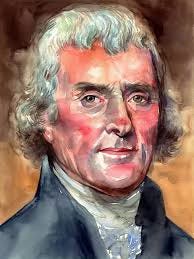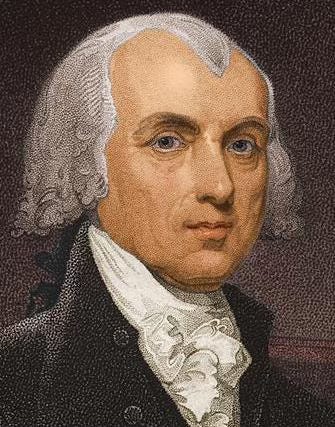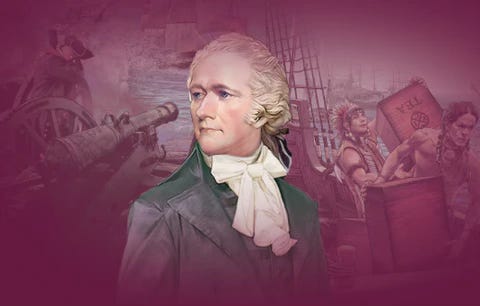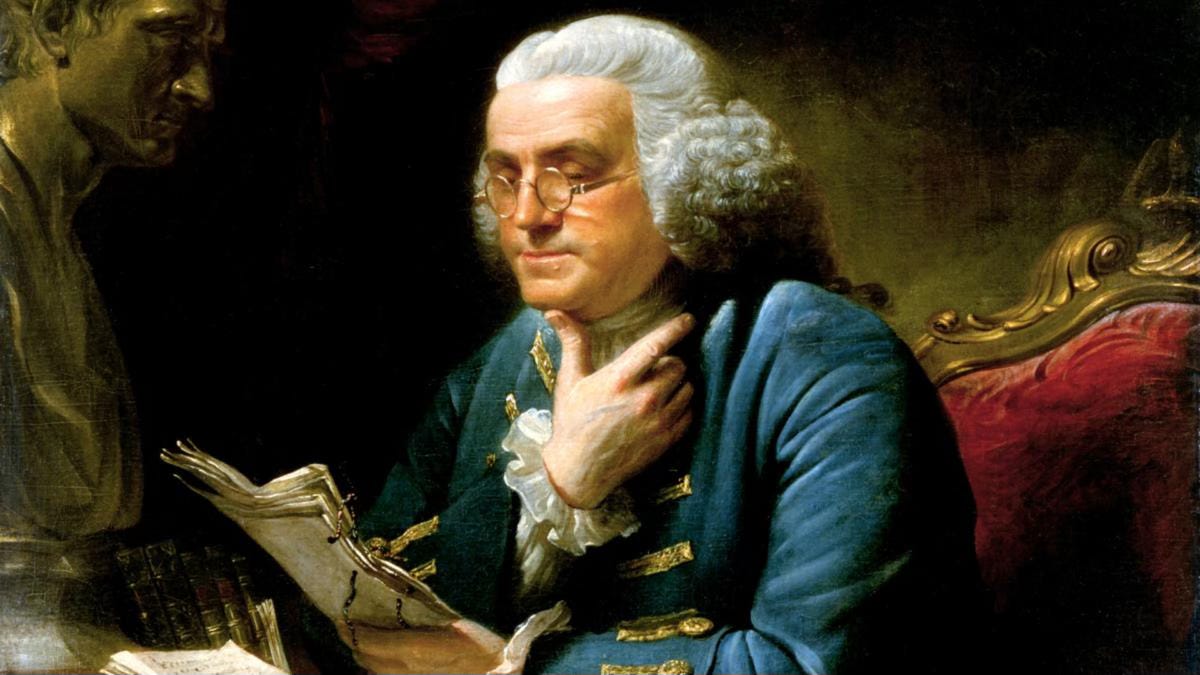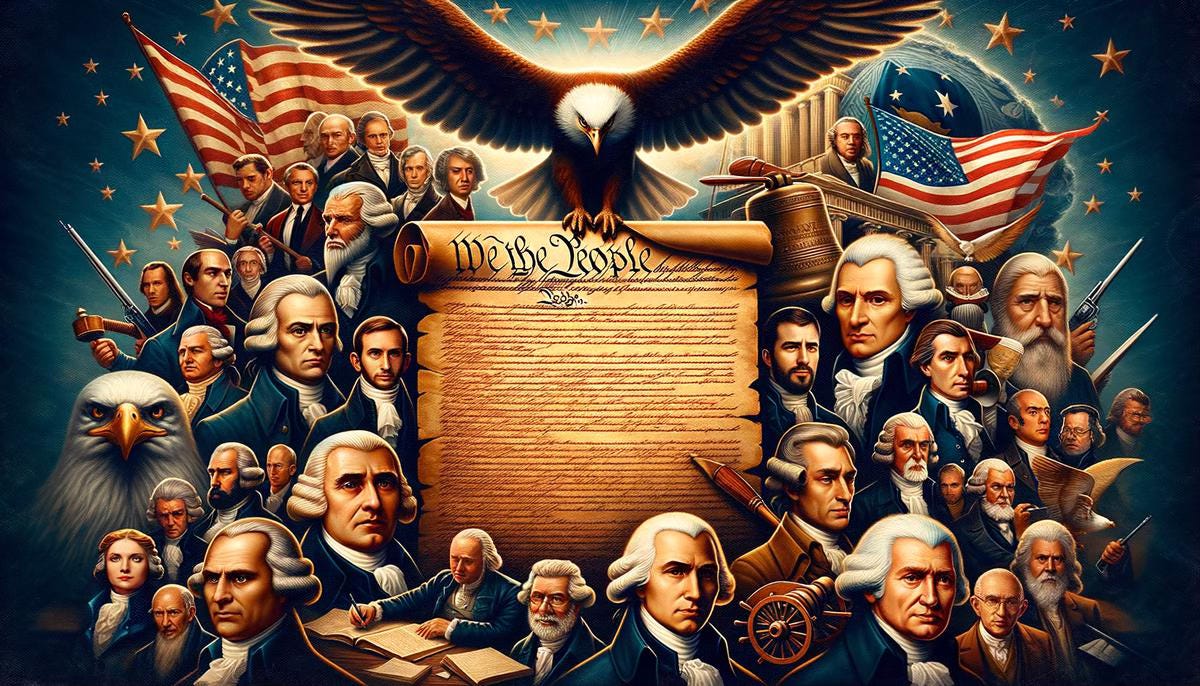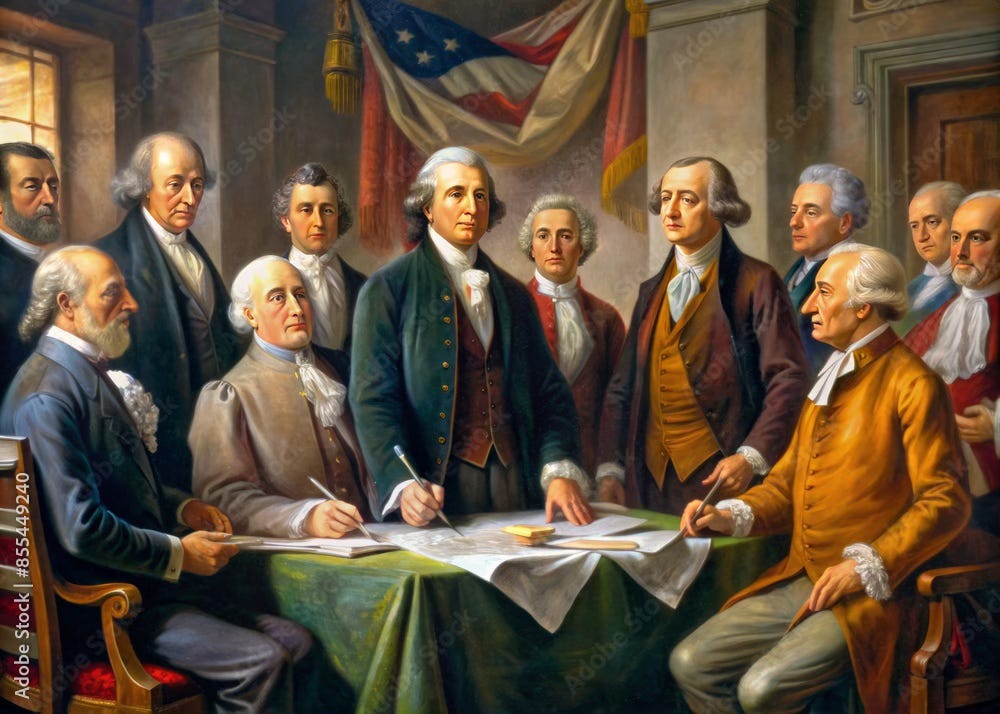The Founding Fathers: Their Vision for America
Introduction
“Liberty, when it begins to take root, is a plant of rapid growth,” said George Washington, encapsulating the fervor and determination that defined the Founding Fathers and their vision for America. These visionaries, whose names are etched in history, were not just men of their time but architects of a nation founded on revolutionary principles.
Their collective dream was not only to secure independence from Great Britain but also to establish a system of governance that would safeguard liberty, promote justice, and foster unity among the people. This article delves into the ideals, principles, and enduring legacy of the Founding Fathers, showcasing how their vision continues to shape America today.
The Historical Context
The Revolutionary Era
The late 18th century was a time of upheaval and transformation. The colonies’ desire for freedom reached a tipping point with events like the Boston Tea Party and the battles of Lexington and Concord. Thomas Jefferson's 1776 Declaration of Independence marked a formal severance from British rule. This bold and unprecedented document declared that all men are created equal and endowed with inalienable rights such as life, liberty, and the pursuit of happiness.
Philosophical Influences
The Founding Fathers were deeply influenced by Enlightenment thinkers such as John Locke, whose ideas about natural rights and government by consent resonated strongly. Montesquieu’s concept of separation of powers also guided their approach to governance. Additionally, Christian principles and moral frameworks provided a foundation for their ethical vision of society.
The Challenges They Faced
The journey to independence was fraught with challenges. The Founders needed to unite thirteen disparate colonies, balance regional interests, and fend off the threat of British military might. They also grappled with the practicalities of creating a government that could sustain a diverse and growing population without succumbing to tyranny or chaos.
Core Values and Principles
Liberty and Freedom
The Founding Fathers’ vision of liberty was groundbreaking. At a time when monarchies dominated the world, their insistence on individual rights was revolutionary. The Declaration of Independence not only inspired colonists but also reverberated across the globe, influencing other nations to pursue self-determination.
The debates leading to the Declaration’s creation revealed the Founders’ steadfast commitment to the principles of freedom, even amid disagreements. For example, Jefferson struggled to find the right words to encapsulate the colonies’ yearning for liberty, rewriting passages multiple times. Benjamin Franklin, ever pragmatic, advised him to simplify and focus on universal truths, resulting in one of history’s most iconic documents.
Self-Governance and Republicanism
Central to their vision was the belief that governance should derive its power from the consent of the governed. The Federalist Papers, written by Hamilton, Madison, and Jay, were instrumental in explaining and promoting the Constitution’s framework. These essays articulated the need for a republic—a government by the people, for the people—where citizens’ voices shaped the laws that governed them.
Early state constitutions reflected this principle. In Pennsylvania, for instance, the 1776 constitution implemented annual elections and broad suffrage, illustrating the Founders’ belief in accountability and public participation.
Checks and Balances
To prevent the rise of tyranny, the Founders designed a system of checks and balances. The separation of powers between the executive, legislative, and judicial branches ensured that no single entity could dominate. This structure, influenced by Montesquieu’s writings, has been tested and upheld through landmark cases like Marbury v. Madison, which established the principle of judicial review.
One memorable anecdote involves Alexander Hamilton and Thomas Jefferson debating the scope of executive power. Their heated disagreements illustrated the careful balancing act inherent in their system, ultimately strengthening the framework of governance.
Religious Freedom
The Founders’ approach to religion was both personal and practical. They sought to protect the right to worship while ensuring that no single denomination dominated the government. Jefferson’s Virginia Statute for Religious Freedom laid the groundwork for the First Amendment, safeguarding the free exercise of religion and the separation of church and state.
In his letter to the Hebrew Congregation of Newport, Rhode Island, George Washington reaffirmed this principle, declaring that the United States “gives to bigotry no sanction, to persecution no assistance.” This commitment to religious freedom became a cornerstone of American identity.
The Importance of Education
The Founding Fathers viewed education as the bedrock of a thriving republic. Jefferson’s efforts to establish the University of Virginia reflected his belief in the power of an informed electorate. They argued that education was essential for fostering civic responsibility and ensuring that citizens could participate meaningfully in self-governance.
Benjamin Franklin, a staunch advocate for public education, helped establish the Academy and College of Philadelphia, which later became the University of Pennsylvania. He believed that “an investment in knowledge pays the best interest,” a sentiment that resonates to this day.
Notable Figures and Their Contributions
George Washington
As the first President and leader of the Revolutionary War, Washington’s steadfast leadership was pivotal. His Farewell Address warned against political factions and foreign entanglements, offering guidance that remains relevant today. Washington’s emphasis on unity and his voluntary relinquishment of power set a powerful precedent for future leaders.
Thomas Jefferson
Jefferson, the principal author of the Declaration of Independence, envisioned an agrarian America with limited federal power. His Louisiana Purchase doubled the nation’s size, embodying his commitment to expansion and opportunity. Jefferson’s writings and policies reflected his deep dedication to liberty and education.
James Madison
Madison, known as the “Father of the Constitution,” made foundational contributions. He played a key role in drafting the Bill of Rights, ensuring that individual freedoms were explicitly protected. Madison’s Federalist No. 10 addressed the dangers of factions, advocating for a system that balanced diverse interests.
Alexander Hamilton
Hamilton’s vision of a strong central government was instrumental in shaping America’s financial system. As the first Secretary of the Treasury, he established the national bank and laid the foundation for economic stability. His contributions to the Federalist Papers emphasized the need for a robust and adaptable Constitution.
Benjamin Franklin
Franklin’s diplomatic efforts during the Revolutionary War secured vital alliances, particularly with France. A proponent of compromise and unity, Franklin’s wisdom and wit left an indelible mark on the Constitution and the early Republic. His advocacy for public projects, such as libraries and education, demonstrated his commitment to the common good.
The Enduring Legacy
The Constitution and Its Amendments
The Founding Fathers’ vision continues to thrive through the Constitution, a living document that has evolved with the nation. Amendments such as the Bill of Rights and those addressing civil rights have expanded their ideals to include all Americans. Landmark Supreme Court decisions have interpreted the Founders’ principles in ways that address contemporary challenges.
Inspiration for Future Generations
From Abraham Lincoln’s invocation of “a new birth of freedom” during the Civil War to Martin Luther King Jr.’s dream of equality, the Founders’ principles have inspired leaders across centuries. Globally, their ideas have influenced democratic movements, from the French Revolution to the fall of the Berlin Wall, underscoring the universal appeal of liberty and self-governance.
Lessons for Contemporary America
In today’s polarized climate, the Founding Fathers’ emphasis on unity and compromise offers valuable lessons. Their belief in civic engagement and informed debate remains a guiding light. Americans are called to embody their vision by promoting justice, preserving freedom, and striving for a more perfect union.
Conclusion
The Founding Fathers were visionaries whose ideals laid the foundation for a nation built on liberty, equality, and self-governance. While the challenges they faced were immense, their principles have stood the test of time, guiding America through trials and triumphs alike. As stewards of their legacy, it is our responsibility to study their history, preserve their principles, and continue striving for the ideals they so passionately envisioned. In their words and deeds, we find not only the roots of our nation but also the enduring promise of a brighter future.
If you enjoyed this exploration of the Founding Fathers’ vision, subscribe to The Great American Gazette to discover more stories about the people, places, and ideas that shaped America. Share this article with friends and join the conversation about preserving the ideals that make our nation great.




